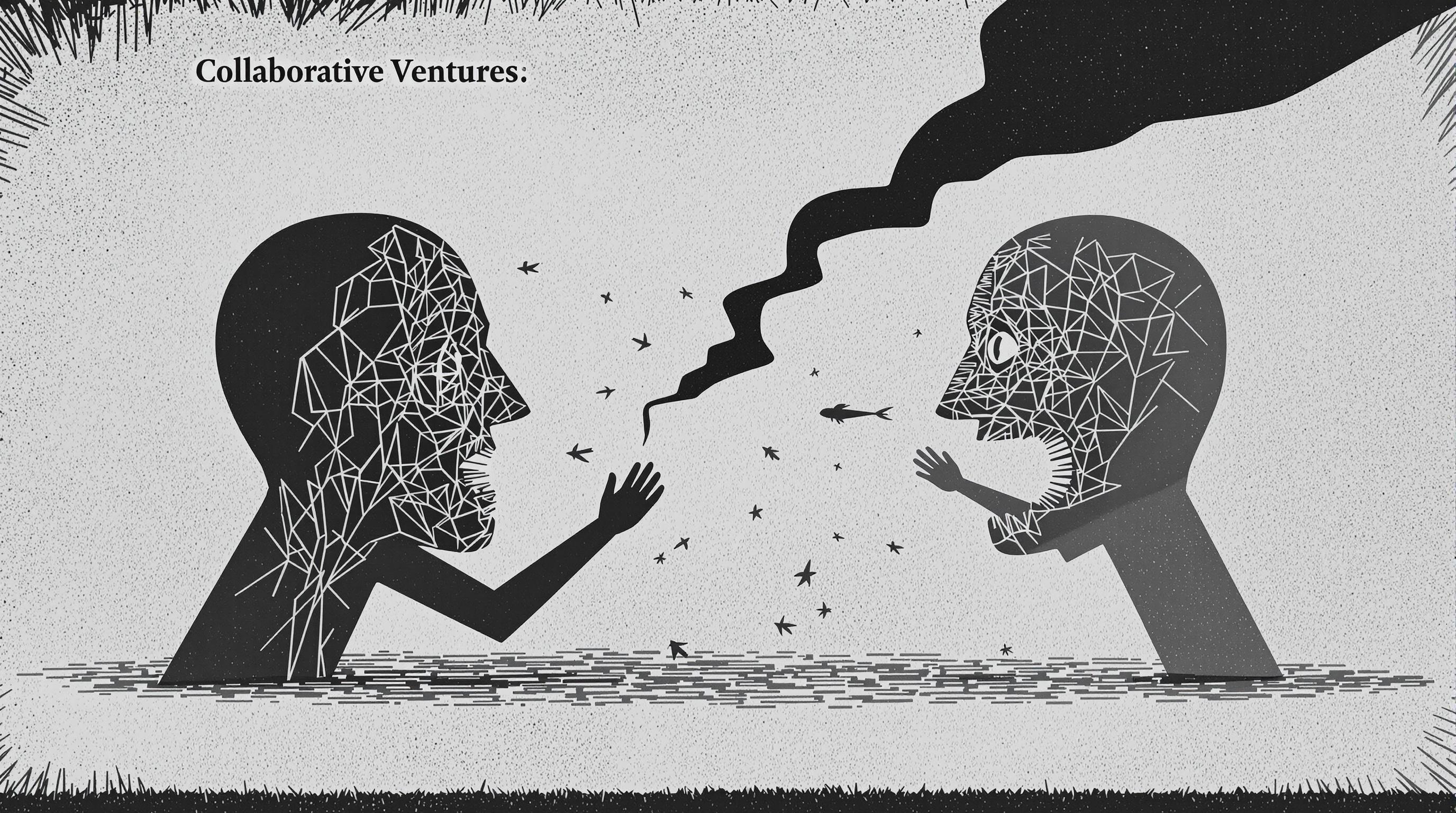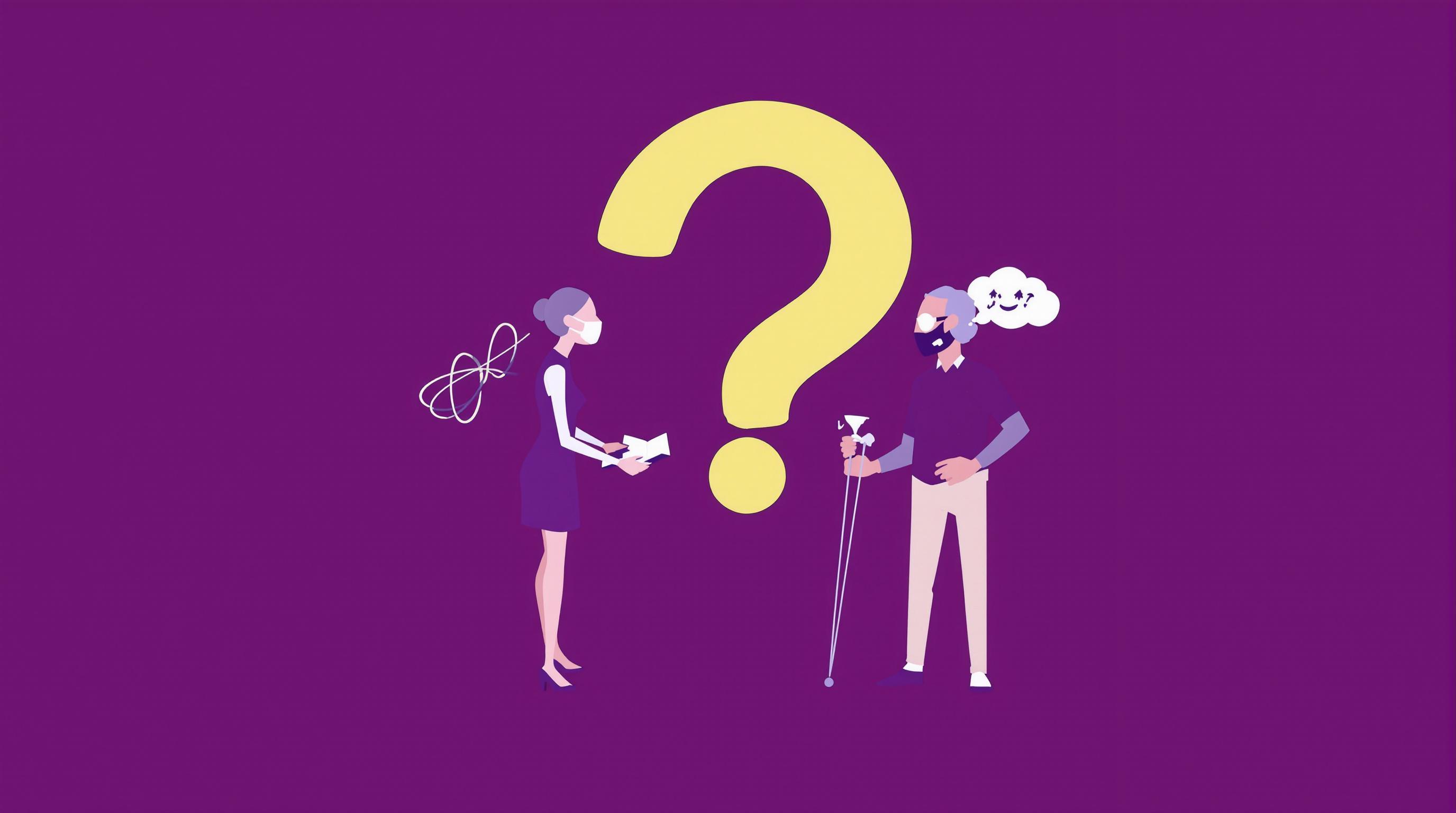Related Articles
- 7 Best Emerging GDPR Tools to Future-Proof Your Data Strategy Beyond Standard Compliance
- 7 Cutting-Edge Franchise Management Softwares Released Since 2019 Ranked for Legal Compliance and Efficiency
- How Forgotten Folklore Influences Modern Privacy Norms and Unexpected Data Protection Practices
- When Silence Speaks: The Unexpected Impact of Cultural Nuances on Confidential Agreement Effectiveness
- Unveiling Unseen Threads: How Franchising Intersects with Environmental Compliance and Green Regulations
- Unraveling the Impact of Cultural Misalignment in Cross-Border Collaborations on Partnership Sustainability
When Business Bonds Break: Unseen Psychological Toll of Dissolving Collaborative Ventures
When Business Bonds Break: Unseen Psychological Toll of Dissolving Collaborative Ventures
When business partnerships end, the fallout stretches beyond contracts and bank accounts, plunging into deeply personal psychological territory. This article explores the unexpected emotional consequences entrepreneurs face when collaborative ventures collapse, framed through diverse tones and illustrative examples.
The Hidden Heartache: More Than Just Broken Deals
Business teaming up is often imagined as a strategic alliance: numbers, profits, and goals. Yet, beneath this pragmatic veneer lies a tapestry of emotions — trust, hope, and shared dreams—that can unravel painfully when the partnership dissolves.
Case Study: The Silicon Valley Start-Up Split
In 2019, a promising Silicon Valley start-up, co-founded by two college friends, dissolved due to escalating creative differences. Though the enterprise was financially stable, the founders reported feeling profound grief and “a sense of identity loss,” illustrating how even lucrative separations carry psychological costs.
A Psychological Perspective
According to Dr. Lisa Hendricks, a clinical psychologist specializing in business-related stress, "Endings of partnerships often mirror the stages of grief—denial, anger, bargaining, depression, and acceptance" (Hendricks, 2021). This model highlights that business endings are emotionally complex events akin to personal losses.
Psychological Impacts: Anger, Anxiety, and Identity Shifts
When bonds break, common reactions include anger and anxiety. Business ventures, especially among close collaborators, shape personal identity. CEO Mark Reynolds, 52, shares: “After my partnership ended, I questioned not just my career path but who I was outside the business.”
The Invisible Strain on Mental Health
Statistics reflect this hidden toll: a 2022 survey by the Small Business Association found that 63% of entrepreneurs reporting business breakups experienced increased symptoms of anxiety or depression post-dissolution.
Financial Stress Versus Emotional Distress
While financial consequences are often addressed with legal and financial strategies, emotional distress is less tangible and frequently overlooked, exacerbating mental health struggles.
Humor as a Coping Mechanism
Let’s lighten the mood: “Why did the two business partners break up? Because they lost their 'interest'… in more ways than one!” Jokes aside, humor is a surprisingly effective way to navigate the stormy seas of partnership endings.
Linda and Mia, two former collaborators in a design agency, recount how creating a “breakup meme album” helped them process their breakup, allowing them to move forward without festering resentment.
Rebuilding Trust After Dissolution
Interestingly, dissolving a business doesn’t always mean severing personal ties permanently. Rebuilding trust, albeit challenging, can open doors to future collaborations or supportive networking.
Communication Breakdown as the Root Cause
Most partnership dissolutions can be traced to communication breakdowns. The psychological toll intensifies when partners feel unheard or misunderstood, leading to lasting emotional wounds.
The Role of Age and Experience
I’m a 45-year-old business consultant writing for aspiring entrepreneurs aged 16 to 70. My experience across generations shows that younger entrepreneurs often underestimate the emotional impact of business endings, while seasoned professionals develop more nuanced coping strategies.
Example: The Millennials’ Emotional Entrepreneurial Journey
Millennial entrepreneur Sarah Lee underscores, “I was blindsided by how personally I took my first company’s collapse. It wasn’t just assets lost — I felt like a failure.” This illustrates a generational shift toward emotional transparency in business.
Strategies for Emotional Resilience
Therapists and coaches recommend mindfulness practices, seeking peer support, and maintaining personal hobbies outside of work to build resilience and prevent identity foreclosure during transitions.
Legal Wrangling and Emotional Fallout: An Uncomfortable Mix
Legal disputes following business breakups can exacerbate emotional turmoil. Lengthy negotiations, public exposure, and fears over reputation intensify stress, as highlighted by the infamous legal battle between two restaurateurs in New York City that lasted over two years, costing not just money but their friendship.
From Collaboration to Litigation: The Emotional Costs
A 2018 study from Harvard Business Review reported that 40% of failed partnerships proceed to litigation, significantly increasing psychological stress among parties involved.
Toward Closure and Growth
Ending a business partnership is undoubtedly tough, but it can also be a catalyst for personal growth. Acceptance and intentional reflection enable individuals to learn from the experience and prepare emotionally for future ventures.
Final Thoughts: The Human Side of Business
While the corporate world often celebrates success and obscures failure, understanding the psychological ramifications of ending business bonds reveals a critical human dimension often missed. Recognizing and addressing these emotions can lead to healthier entrepreneurs and, ultimately, healthier businesses.



